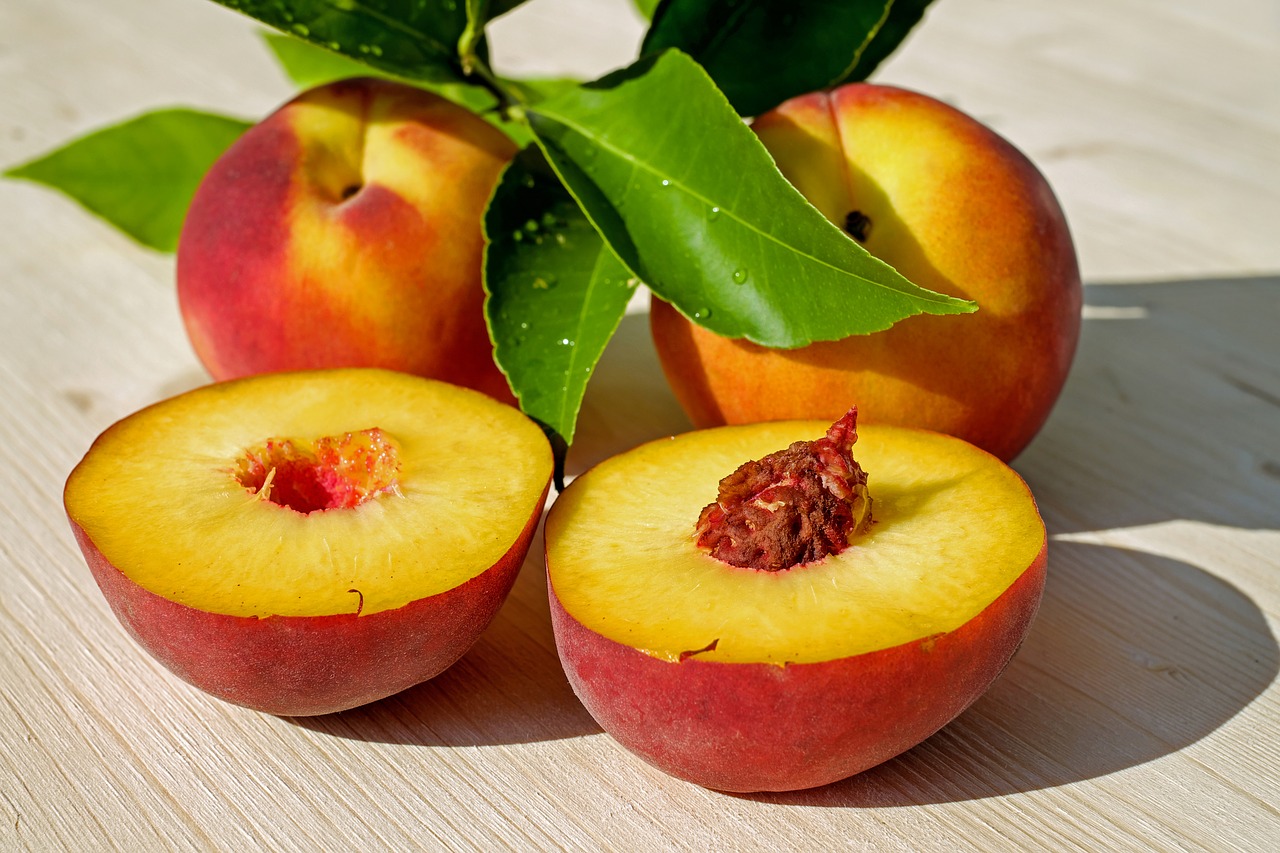The surprising benefits in your own kitchen
/You are what you eat—literally. The food we consume provides us with many things, some beneficial, and others harmful. In general, food provides us with calories, which increases energy. But there are many things that people don’t realize about the food they eat, including the surprising health benefits of many common kitchen staples.
5 Common foods and their amazing benefits
Cinnamon
Not only is cinnamon a delicious and versatile spice used in many recipes and on it’s own, but it is also a powerful source of antioxidants. One ounce of cinnamon contains manganese, calcium, iron, vitamin K, copper and magnesium. Cinnamon also provides anti-inflammatory effects, which can decrease the risk of heart disease, cancer and brain function decline.
Pineapple
Pineapple contains a large amount of beta-carotene, a nutrient that can help prevent the development of asthma. It is also a great source of vitamin C, which is one of the most essential vitamins for maintaining good health. Vitamin C helps prevent the formation of free radicals that can cause cancer. It can also increase overall skin health, including skin that has suffered damage from the sun, reduces wrinkles, and aids in the formation of collagen—the skins best friend.
Spinach
Ever think of becoming vegan or vegetarian? Spinach is one of the best plant sources containing calcium and iron. It contains antioxidants that aid in the management of diabetes by lowering glucose levels and increasing insulin sensitivity. Spinach greatly improves bone health by providing significant doses of vitamin K, which improves the absorption of calcium, and helps reduce the excretion of calcium through urination.
Peaches
Peaches contain a large quantity of potassium, a nutrient that is essential in the maintenance of heart health. The consumption of fruits in general, including peaches, can decrease the risk and slow the progression of age-related macular degeneration. Not only are peaches very beneficial, but they also make a very convenient and delicious on-the-go snack.
Tomatoes
Tomatoes are an overall “superfood” in the sense that they provide just about all the benefits as the above mentioned foods. Not only do tomatoes aid with skin health, heart health, diabetes and healthy blood pressure, but they also contain a plethora of cancer-fighting antioxidants. In particular, they provide 80 percent of dietary lycopene, a plant compound that has been linked with the prevention of one type of prostate cancer.
Alicia Feizo has always loved literature and the endless possibilities of using words as creative expression. Her passions include poetry, magic realism and living an authentic life.
















